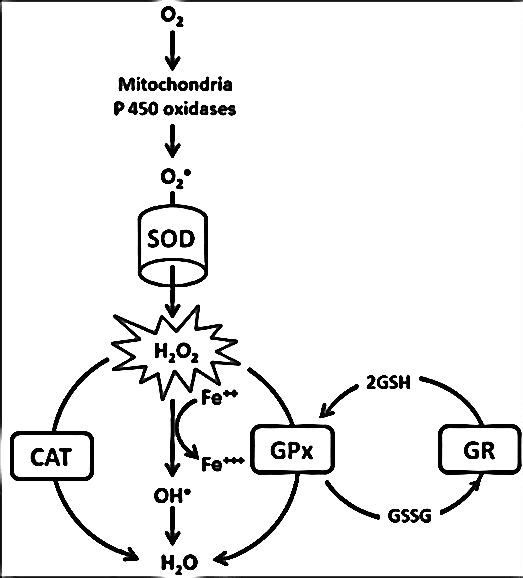Antioxidants, Radical Scavengers, and Their Impact on Oxidative Stress
DOI:
https://doi.org/10.5530/fra.2024.2.7Keywords:
Antioxidants, enzymatic antioxidants, free radical, lipid peroxidation, oxidative stress, Antioxidants, Enzymatic antioxidants, Free radical, Lipid peroxidation, Oxidative stressAbstract
Antioxidants impede free radical chain reactions and thereby retard and prevent oxidative cellular damage. The present review provides an overview of the basic mechanisms by which antioxidants scavenge free radicals and describes the basic methods for measurement of antioxidant activities against free radicals as well as the underlying chemistry and pathologies linked with oxidative stress. This review was sourced online from scientific search engines using appropriate keywords. For appropriate measurement of antioxidant capacity, with respect to reaction mechanisms involved in the free radical reduction process, exclusive application of HAT, SET methods, and/or a combination of both HAT/SET methods should be considered. The human body is equipped with an antioxidant defence system to mitigate or prevent free radical-induced cellular damage through free radical scavenging mechanisms such as inhibition of enzyme activity involved in free radical generation, activation of intracellular enzymatic antioxidant activity, metal ion chelation, as well as inhibition of protein modification, DNA damage, and lipid peroxidation. Impaired antioxidant activity is associated with chronic diseases such as cardiovascular diseases, diabetes mellitus, inflammatory disease, cancer, cataracts, Alzheimer’s disease, autism, and ageing. Overexpression of enzymatic antioxidants, as demonstrated in mutant mice models, could serve as a novel alleviative measure against the development of pathological conditions associated with oxidative stress.
Downloads
Metrics





